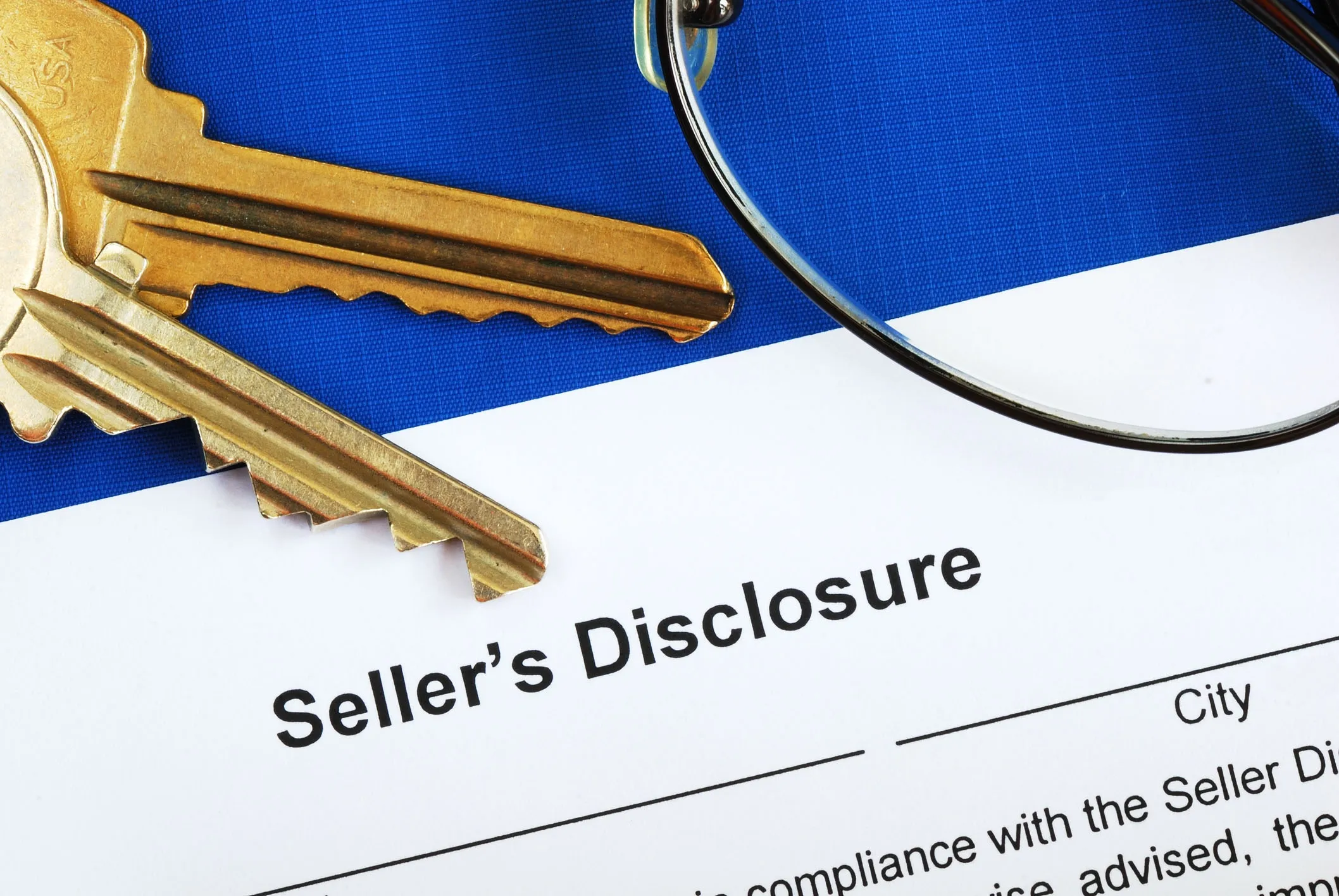
Changes QLD Property Law-Sellers Need to Know
Queensland Government is introducing a seller disclosure regime for the sale of land in the state, which will shift from a “buyer beware” approach to a proactive seller disclosure approach. This change aims to provide more transparency to buyers and help them make better-informed decisions. The Property Law Bill 2023 (Qld) was introduced into the Queensland Parliament on 23 February 2023, and once enacted, it will introduce a suite of new disclosure requirements for sales of registered (established) land in Queensland. These new requirements will apply to sellers of not only residential property but also agricultural, commercial, industrial and other freehold property. Before signing the contract of sale, the seller must give a “disclosure statement” and each document prescribed by regulation (each a ‘prescribed certificate’) applicable to the property.
The disclosure statement must be completed with information that is true at the time the statement is given to the buyer and be signed by the seller or an authorised agent. The Property Law Regulation 2023 (Qld) will prescribe these documents. The disclosure statement will contain statutory warranties given by the seller, and the prescribed documents include a title search, registered plan of survey, and other notices under the Queensland Building and Construction Commission Act 1991 (Qld), Building Act 1975 (Qld), and Planning Act 2016 (Qld) if applicable.
Sellers must disclose the details of each unregistered encumbrance affecting the property, zoning of the property under the local government’s planning scheme, information relating to contamination and environmental protection under the Environmental Protection Act 1994 (Qld), and whether the property is affected by a transport infrastructure proposal that will alter the dimensions of the property. The seller must also disclose if the property is heritage-listed, affected by a government body’s intention to resume the property or part of it, and if there is a pool on the property (or common property). Additionally, the disclosure statement should have information relating to the amount of rates and water charges payable for the property. The draft disclosure statement does not require disclosure of the following – flooding information, structural defects or pest infestation, current or historical use, details of past or current building approvals for the property, planning law limits on the use of the property and services connected or not connected to the property.
This change will help buyers to understand the risks associated with buying the property better. According to the new rules, buyers can take legal action against sellers if the seller fails to make a disclosure. The legislation applies to all registered freehold property, including sales by auction, sales by a mortgagee or receiver, and sales arising from the exercise of an option, although some exceptions apply.
The new law will have an impact on conveyancers, agents, and other professionals involved in the property industry as they have to ensure compliance with the disclosure requirements. Moreover, the drafting and reviewing of contracts will also require careful consideration, and sellers must understand their obligations to avoid any liability.
In conclusion, the introduction of a seller disclosure regime in Queensland will benefit buyers and help them make better-informed decisions. It will also provide more transparency and create more trust in the property market. The change in the law will have an impact on conveyancers, agents, and other professionals involved in the property industry, and it is essential to understand the disclosure requirements to ensure compliance with the new legislation.
This is general advice only, for specific legal advice speak to your legal representative.


